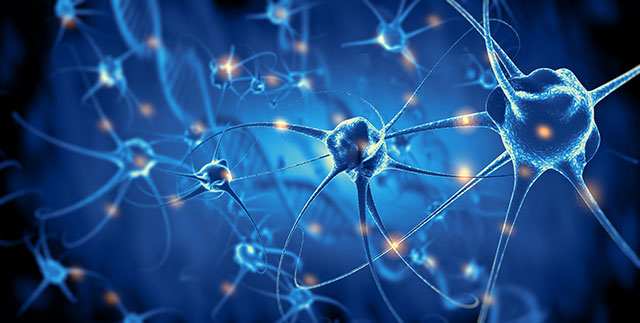Intermittent fasting is key to a “healthy lifestyle,” experts suggest
06/07/2021 / By Virgilio Marin

Intermittent fasting is an eating pattern that cycles between periods of fasting and eating. It is said to promote weight loss, lower blood pressure and boost brain health, among others. But what does science actually say about intermittent fasting?
In a review published in The New England Journal of Medicine, neuroscientist Mark Mattson of Johns Hopkins Medicine and aging specialist Rafael de Cabo of the National Institute on Aging examined past studies on intermittent fasting to elucidate the science-backed benefits of intermittent fasting.
Evidence-based benefits of intermittent fasting
Mattson and de Cabo mentioned an array of animal and human studies that showed intermittent fasting supports cellular health, probably by triggering metabolic switching. This occurs when cells use up their stores of rapidly consumed, sugar-based fuel and begin converting fat into energy through a slower metabolic process. Known as an age-old adaptation to periods of food scarcity, metabolic switching improves blood sugar control, increases resistance to stress and suppresses inflammation.
Meanwhile, other studies found that intermittent fasting helps lower blood pressure, blood lipid levels and resting heart rate. There is also evidence suggesting that intermittent fasting could modify risk factors for obesity and Type 2 diabetes.
In a pair of studies involving 100 overweight women, those on a 5:2 intermittent fasting — which requires consuming one moderate-sized meal for two days a week and eating normally for the rest — lost the same amount of weight as women on a low-calorie diet. At the same time, they experienced improvements in insulin sensitivity and greater reductions in belly fat. (Related: Intermittent fasting found to boost heart health, lower diabetes risk.)
Studies also suggest that eating patterns like intermittent fasting can help boost brain health. A study from the University of Toronto, for example, found that sticking to a calorie-restricted diet for two years helps improve memory.
Mattson and de Cabo acknowledged that more studies are needed to support the benefits of intermittent fasting on learning and memory. If these benefits are established, fasting could serve as a new intervention for delaying cognitive decline and dementia.
Mattson urged people to practice patience and ask guidance from physicians if they are struggling to fast. He noted that it normally takes time for the body to adjust and overcome the initial hunger pangs and irritability that come with fasting.
“Patients should be advised that feeling hungry and irritable is common initially and usually passes after two weeks to a month as the body and brain become accustomed to the new habit,” he said.
For those who wish to try intermittent fasting, Mattson recommends increasing the duration and frequency of your fasting periods gradually over several months to manage the initial side effects of intermittent fasting.
How to do intermittent fasting
There are many ways to do intermittent fasting. Here are some of the most popular methods:
- The 16/8 method – This involves fasting every day for 14 to 16 consecutive hours and eating only within the remaining hours of the day.
- The 5:2 diet – As mentioned earlier, this requires consuming one moderate-sized meal for two nonconsecutive days each week and eating normally for the rest.
- Eat-stop-eat – This involves fasting for an entire day, once or twice a week.
- Alternate-day fasting – As its name suggests, this requires fasting every other day.
- The warrior diet – This involves fasting all day and eating at night within a four-hour eating window.
Intermittent fasting is extremely beneficial for health. It can boost brain health, improve blood sugar control and promote weight loss, among others. Follow Fasting.news to learn more about the different methods of fasting and their health benefits.
Sources include:
Submit a correction >>
Tagged Under:
alternative medicine, anti-diabetes, brain health, cognitive health, Diets, fasting, fightobesity, heart health, intermittent fasting, longevity, metabolic switching, natural cures, natural medicine, prevention, research
This article may contain statements that reflect the opinion of the author
RECENT NEWS & ARTICLES
Fasting.News is a fact-based public education website published by Fasting News Features, LLC.
All content copyright © 2018 by Fasting News Features, LLC.
Contact Us with Tips or Corrections
All trademarks, registered trademarks and servicemarks mentioned on this site are the property of their respective owners.




















